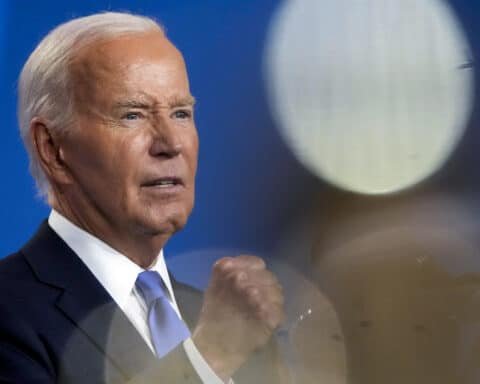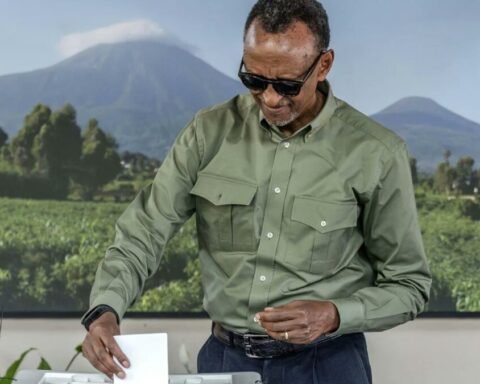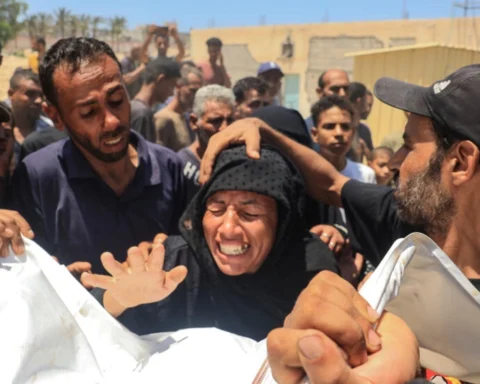A council meeting of the European Union’s foreign ministers on Monday resolved not to extend further sanctions on Zimbabwe and individuals previously targeted.
Watch Video Below
Speaking at the meeting held on Monday, a spokesperson for the EU said, the decision could be reviewed should the situation in Zimbabwe deteriorate any further.
The Mnangagwa administration has been under scrutiny from the international following alleged human rights abuses when government deployed the army last month to quell protests which broke out after the doubling fuel prices.
“This decision was taken in light of our objective to encourage the rule of law as set out in Zimbabwe’s constitution. We have seen a crackdown against demonstrators in January and the disproportionate use of force by the authorities, that called into question this commitment. The key question is to understand whether the old system has been dismantled … or it remains in place under a different leadership.
“All decisions on listings including new listings can be swiftly adopted if the situation requires it. We are monitoring the situation very closely and stand ready to adjust our decision,” said the EU spokesperson.
This is a sigh of relief to the Mnangagwa government which has been making concerted efforts to be readmitted into the international community and accepted as legitimate.
The opposition MDC Alliance as bemoaned that the country faces legitimacy issues in its current leadership and attributed the prevailing political crisis to Mnangagwa’s legitimacy. This coming after the presidential disputed elections.
In the run up to the EU council’s meeting on the Zimbabwe sanctions, the UK government led calls for an extension of the sanctions against the government over the much publicised “disproportionate use of force” against civilians post elections and the recent crackdown in January.
According to human rights groups at least 17 people were killed by the army and thousands more suffered various human rights violations.
However, the EU parliament opted not to extend further sanctions on the Southern Africa country albeit that last week it had also added its voice for the extension of the sanctions against more members of Mnangagwa’s administration.
Three top members of the government – deputy president Constantino Chiwenga, army commander Valerio Sibanda and agriculture minister Perrance Shiri – remain on the “inactive” list of the sanctions.
The EU council said it would uphold the sanctions it imposed 19 years ago against former president Robert Mugabe and his wife Grace.
Of particular interest in what the EU stated was that an arms embargo against the Zimbabwe Defence Industries, a company linked to the military, would remain in place.
Responding to the EU’s resolution not to extend any further sanctions on Zimbabwe, Permanent secretary of the information ministry Nick Mangwana said.
“It’s encouraging that the EU has vindicated the president’s engagement and re-engagement policy by not escalating sanctions as campaigned by some of our own citizens. The progressive de-escalation, whilst not as good as a total removal, is positive.”
Piers Pigou, the southern Africa director at the International Crisis Group, said the EU decision was a clear indication that it was not interested in the “politics of using the stick” in order to end the political logjam in Zimbabwe.
“They really don’t have much choice in this situation. They feel that reform and re-engagement is a step in the right direction,” said Pigou.
“It’s a pragmatic and ‘real-politik’ decision. They were in a position to resuscitate those on the suspended list; they have chosen to take a more constructive course of action in the hope that this will send the right message to Harare that the EU is still interested in Zimbabwe coming back to the table in respect to its broader reform strategy,” he said.
The EU decision not to censure members of Mnangagwa’s administration is likely to be welcomed by the Southern African Development Community, which recently said it was against the sanctions on Zimbabwe and has called for their removal.








